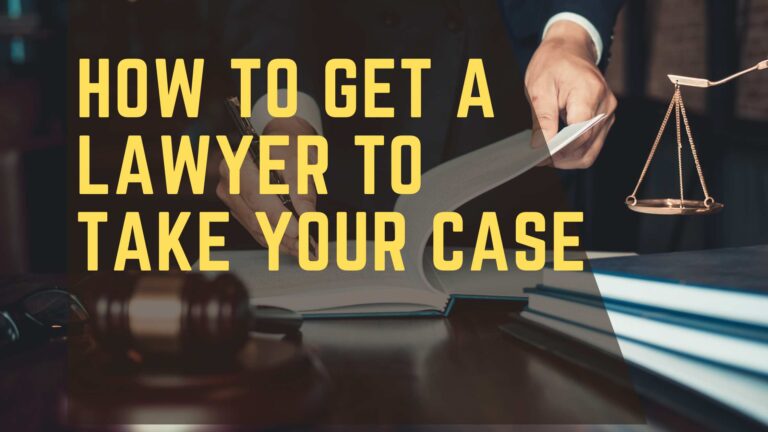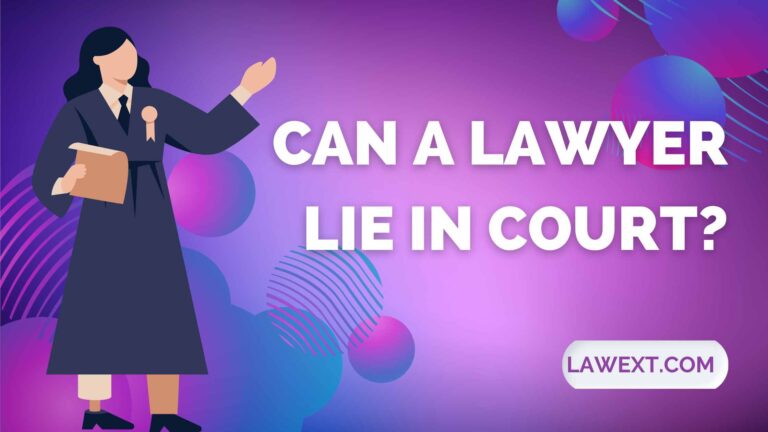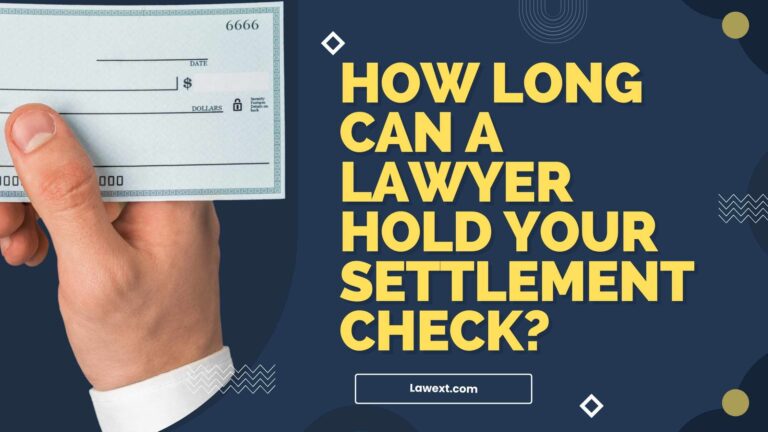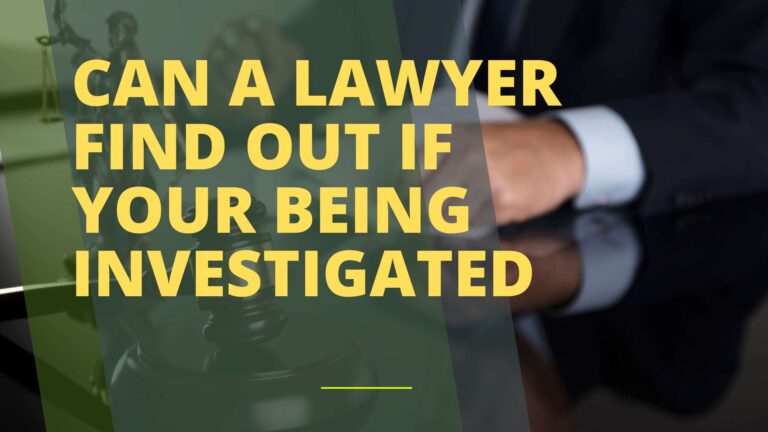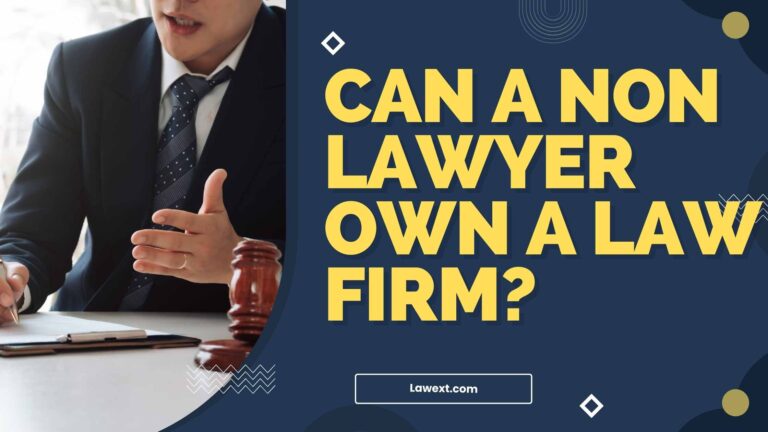Who Pays Legal Fees for Eviction?

Typically, the landlord is responsible for paying legal fees for an eviction process. Occasionally, the tenant may be required to cover these costs if specified in the lease agreement.
Table of Contents
Who Pays Legal Fees for Eviction? Understanding who pays legal fees in an eviction can be crucial for both landlords and tenants. Navigating the complexities of eviction often involves legal nuances that can have significant financial implications. Certain jurisdictions may have specific rules or statutes that dictate who bears the burden of these costs.
For example, some areas allow landlords to recoup legal fees through court orders if the tenant violated the lease terms. Consequently, both parties need to consult their lease agreements and local laws to determine responsibility for eviction-related expenses. This clarity can help prevent additional disputes and ensure the eviction process is managed fairly and according to legal standards.
Eviction Basics: An Introduction
Understanding eviction can seem daunting. Yet it’s a critical topic for tenants and landlords alike. An eviction is not just asking a tenant to leave. It’s a legal process. This post sheds light on what counts as an eviction. It also breaks down the legal grounds required for one to take place.
What Constitutes An Eviction?
Eviction means legally removing a tenant from a rental property. Not any request to vacate qualifies. Eviction follows a specific legal procedure. This procedure includes a formal notice, a court order, and, at times, law enforcement involvement.
Legal Grounds For Eviction
- Non-payment of rent: Tenants must pay rent on time.
- Lease Violations: Tenants must follow the lease agreement.
- Property Damage: Tenants should not damage rental property.
- Illegal Activities: No illegal acts on the premises.
For a valid eviction, landlords must prove one of these grounds exists. They must present evidence in court. Only with a judge’s order can eviction proceed.
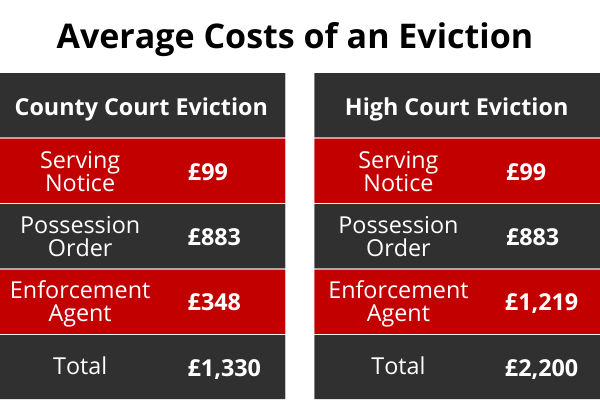
Credit: ableinvestigations.com
Tenant And Landlord Responsibilities
Tenant and Landlord Responsibilities are crucial in the process of eviction. Understanding who pays legal fees can seem complex. A look at each party’s obligations sheds light on the subject.
Tenant’s Obligations Under A Lease
Tenants must adhere to several key duties under a lease agreement. These include:
- Timely rent payments to avoid arrears.
- Maintenance of the property, keeping it damage-free.
- Respecting rules laid out in the lease contract.
- Refraining from illegal activities on the premises.
Failure to meet these obligations can lead to eviction. Tenants might bear legal costs, especially if stipulated in the lease.
Landlord’s Duties And Rights
Landlords, on the other hand, have their own duties and rights:
| Duties | Rights |
|---|---|
| Providing a habitable living space | Evicting for lease violations |
| Making necessary repairs | Collecting agreed-upon rent |
| Respecting tenant’s privacy | Charging late fees, as allowed |
Landlords can often recover legal fees if they win the eviction case, depending on the lease and local laws.
Both parties should review their lease carefully. This ensures a clear understanding of potential financial implications.
Legal Fees In Eviction Cases
Understanding legal fees in eviction cases is crucial for landlords and tenants. The process might seem straightforward, but the costs involved can add up quickly. Whether you’re a property owner seeking to regain possession of your property, or a tenant facing eviction, knowing who bears the responsibility for legal fees is vital. Let’s explore the expenses and factors that determine who pays what in eviction proceedings.
Typical Costs Associated With Eviction
The process of eviction can involve various expenses. Below is a breakdown of the typical costs one might encounter:
- Court filing fees: Depending on the jurisdiction, these fees can vary. They are necessary to initiate the eviction process.
- Attorney’s fees: Legal representation comes at a cost.
- Service of process fees: These cover the cost of delivering legal documents to the tenant.
- Lost rent: Landlords often incur lost revenue during the eviction process.
Additional costs might include property damage repairs and cleaning expenses post-eviction.
Factors Influencing Who Pays Legal Fees
The determination of who pays for legal fees in eviction cases is not always clear-cut. Here’s a list of factors that often influence this decision:
- State laws: Regulations vary by location, with some states mandating that losing parties pay.
- Lease agreements: Some leases have clauses assigning responsibility for legal fees.
- Judicial discretion: Judges may have the authority to decide who pays, based on the case’s merits.
Both parties should review their lease and consult with a legal professional to fully understand their financial obligations.

State Laws And Statutory Guidelines
Who pays legal fees in an eviction process is not always clear-cut. State legislation and statutory guidelines determine this. Each state has its own rules. Many factors influence who bears the cost.
Variations in State Legislation
Variations In State Legislation
A critical factor in eviction proceedings is location. Local laws dictate fee responsibility. Some states require landlords to cover all legal fees. Others split the costs between tenant and landlord. In certain cases, the losing party pays.
It’s crucial to understand your state’s specific regulations. This knowledge can prevent unexpected expenses. Here’s a quick view of how varying state laws affect fee payment:
| State | Tenant Pays | Landlord Pays | Other Arrangements |
|---|---|---|---|
| California | X | Loser pays | |
| New York | X | Loser pays |
The Role of Lease Agreements in Determining Fee Responsibility
The Role Of Lease Agreements In Determining Fee Responsibility
Lease agreements often outline fee responsibility. They are binding contracts. Both tenant and landlord must adhere to these terms. Clauses regarding eviction and legal fees should be clear.
Review your lease agreement thoroughly. It might state that the tenant pays all fees. Or it may share the costs. Sometimes, the agreement includes fee caps. Renters should ask for clarification if needed.
Key points in lease agreements might include:
- Specific fee responsibilities
- Conditions that could change payment obligations
- Maximum limits on what can be charged
Scenarios In Legal Fee Allocation
Understanding who pays legal fees during eviction can be complicated. It often depends on the lease agreement, local laws, and the specifics of each case. Below, explore various scenarios to determine how legal fee allocation might unfold during eviction proceedings.
Landlord-funded Eviction Cases
Here are common situations where landlords cover eviction legal fees:
- Lease clauses: Agreements may require landlords to pay.
- Local laws: Some regions mandate landlord responsibility.
- Legal Judgments: Courts can order landlords to cover costs.
Tenants Paying Their Own Legal Fees
Tenants often bear the cost of legal representation:
- Tenants defend themselves in eviction cases.
- They pay upfront and seek reimbursement if they win.
Exceptional Cases With Shifting Legal Fees
In some instances, the usual rules change:
| Scenario | Outcome |
|---|---|
| Wrongful eviction | The tenant may receive legal fee compensation. |
| Lease Terms | Special clauses can shift fees to the losing party. |
| Lawsuits | Winning a lawsuit can merit fee reallocation. |

Credit: attorneysre.com
Preventing And Contesting Evictions
Getting evicted is stressful. It can cost a lot. But you have rights. Knowing these can stop an eviction. There are ways to fight back. This is about avoiding eviction costs and legal options.
Avoiding Eviction And Associated Costs
An eviction notice can feel like the end. But it’s not always final. By taking certain steps, eviction can be prevented. This helps avoid all related costs.
- Talk to your landlord: Clear communication can solve issues without court.
- Pay overdue rent: Clearing debts might stop the process;
- Seek legal help early: Lawyers can find errors in eviction notices.
Legal Avenues For Tenants Facing Eviction
There are legal paths if you face eviction. You’re not alone. Legal defenses exist.
- Review lease agreements: Your lease may protect you more than you think.
- Document everything: Keep records. They’re vital in court.
- Look for legal aid: Free or low-cost options are available.
Look up tenant rights in your area. States have different laws. Knowing these could make all the difference.
Conclusion
Navigating eviction proceedings involves understanding who bears the legal costs. Generally, landlords are responsible, but court decisions may vary based on case specifics. Tenants and landlords must know their rights and prepare for potential expenses. Seeking legal advice can also help in managing these financial obligations effectively.
Amelia Justiceberg, a distinguished legal luminary, thrives on the intersection of empathy and legal acumen. As a prominent family law attorney, she orchestrates compassionate resolutions amidst complex dynamics. Justiceberg's courtroom finesse and dedication to fairness define her practice. Beyond litigation, she ardently advocates for social justice, solidifying her reputation as an influential force in the legal landscape.

